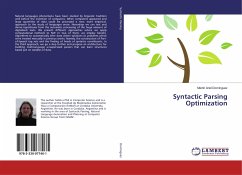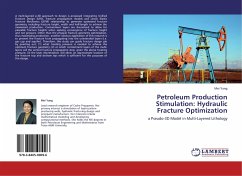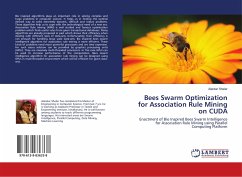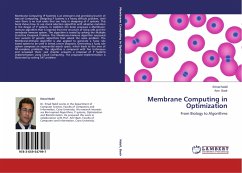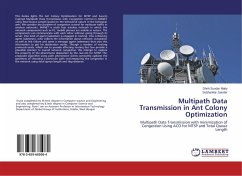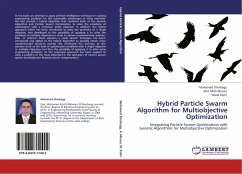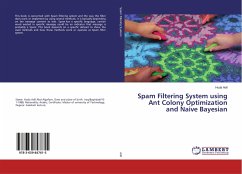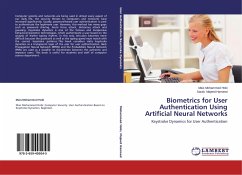Natural languages phenomena have been studied by linguistic tradition well before the invention of computers. When computers appeared and large quantities of data could be processed a new, more empirical, approach to the study of languages arose. Nowadays we can test and derive hypotheses from the automatic processing of the huge amount of digitalized texts. We present different approaches where we apply computational methods to NLP. In two of them, we employ Genetic Algorithms to automatically infer data driven solutions to problems which were treated manually in previous works. Namely, the construction of Part-of-Speech tag sets and the finding of heads of syntactic constituents. In the third approach, we go a step further and propose an architecture for building multi-language unsupervised parsers that can learn structures based just on samples of data.
Bitte wählen Sie Ihr Anliegen aus.
Rechnungen
Retourenschein anfordern
Bestellstatus
Storno

